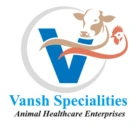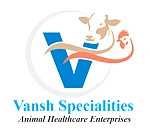
Combating Disease Threats in Modern Aquaculture: A Critical Challenge
Aquaculture,
the farming of fish, shrimp, and other aquatic species, has become an essential
pillar in meeting the growing global demand for seafood. However, this rapid
expansion has brought significant challenges, with disease outbreaks emerging
as one of the primary threats to the sustainability and productivity of the
sector. In densely populated farming systems, where animals are confined in
limited spaces, pathogens can spread quickly, causing widespread mortality and
severe economic losses. Historically, antibiotics played a pivotal role in
disease management, but the long-term consequences of their overuse have led to
a global movement to ban or restrict antibiotics in aquaculture.
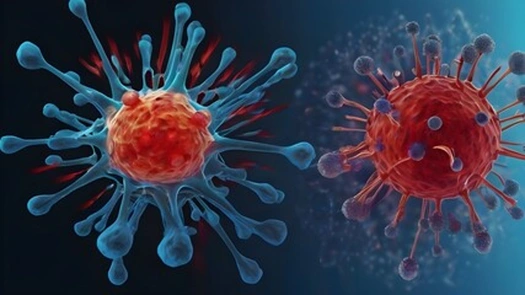 Disease Threats in Aquaculture
Disease Threats in AquacultureAquaculture species, like fish and shrimp, are susceptible to a wide range of diseases, including bacterial, viral, fungal, and parasitic infections. Some of most common diseases are Vibriosis, Aeromoniasis, White spot syndrome virus, Infectious hematopoietic necrosis virus.
The economic impact of these diseases is immense, with some reports estimating annual losses in the billions of dollars due to reduced production, increased treatment costs, and compromised fish quality. Historically, antibiotics were widely used as a quick solution to control and prevent bacterial diseases. However, the heavy reliance on antibiotics in aquaculture has led to far-reaching consequences.
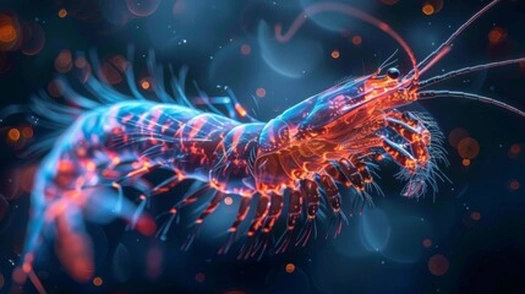
The Ban on Antibiotics in Aquaculture
The indiscriminate use of antibiotics in aquaculture has contributed to the rise of antibiotic-resistant bacteria, a global health crisis affecting both animal and human health.
Antibiotic residues in seafood products have raised concerns among consumers and regulatory bodies, leading to stringent measures aimed at curbing their use in aquaculture. Major seafood markets like the European Union, the United States, and China have imposed strict regulations, banning the use of certain antibiotics and setting maximum residue limits for others.

The Challenge of Disease Management Without Antibiotics
Fortunately, several promising strategies have emerged to address this challenge. These alternatives focus on enhancing the natural immune defenses of aquatic species and creating environments less conducive to pathogen growth. Plant-based extracts and organic acids with antimicrobial properties offer natural alternatives to antibiotics, reducing pathogen loads and improving animal health.
Vansh Specialties focuses on collective efforts to protect Animal health and enhance safety of food supply by implementing strategic solutions TriumPH using natural ingredients.
While the ban on antibiotics is necessary for food safety and environmental protection, it presents a significant challenge to the aquaculture industry. Without the widespread use of antibiotics, farmers must find alternative methods to control and prevent diseases. This is particularly difficult in intensive farming systems, where animals are more vulnerable to infections due to stress, overcrowding, and poor water quality.
In the absence of antibiotics, the industry has had to adopt a more holistic approach to disease management, focusing on prevention, immunity enhancement, and environmental control. This shift requires innovation in feed additives, biosecurity protocols, and farming practices that emphasize animal health and resilience.

TriumPH
TriumPH represents a cutting-edge solution for controlling enteric pathogens in broiler poultry with its potent antimicrobial properties. By precisely targeting and neutralizing harmful bacteria in the gut, it fosters a conducive digestive environment that optimizes nutrient absorption and maximizes feed efficiency, also enhance the healing and maintenance of intestinal lining and overall health of gut.
This scientifically formulated product bolster's immune function, effectively reducing the incidence of infections and ensuring consistent growth and vitality in your poultry flock.
Trust TriumPH to elevate health standards and operational profitability, offering unparalleled reliability and efficacy for your farm’s success.
Key Features of TriumPH:
- Broad Spectrum activity target range of harmful microorganism including AMR.
- Reduce Antimicrobial resistance development.
- Safe for animals and humans.
- Maintain and heal Gut Bio balance by cultivating Good Bacteria.
- Stable under various processing and storage conditions.
- Compatible with other feed ingredients.
- “Clean Label” as Natural origin, No Toxin, No residues.
- Diverse mechanisms enhance their efficacy.
- Enhance performance and productivity of animals.
- Easy to incorporate in to feed manufacturing process.
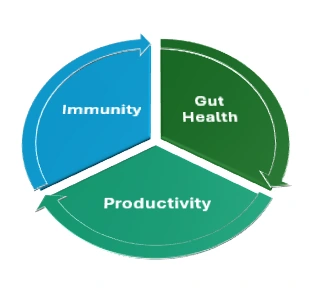
Benefits Of TriumPH:
- TriumPH represents a cutting-edge solution for controlling enteric pathogens in broiler, pigs, Aqua with its potent antimicrobial properties.
- TriumPH precisely targeting and neutralizing harmful bacteria in the gut, it fosters a conducive digestive environment that optimizes nutrient absorption and maximizes feed efficiency
- TriumPH enhance the healing and maintenance of intestinal lining and overall health of gut.
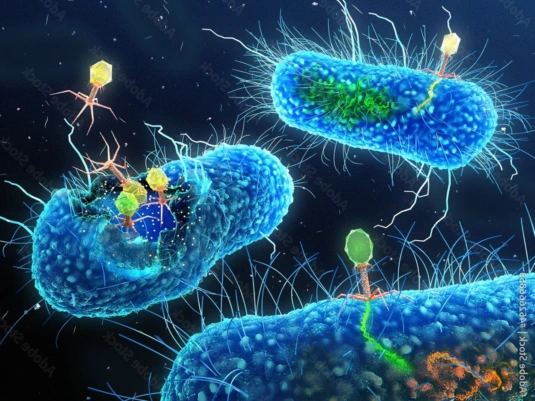
When To Use TriumPH?
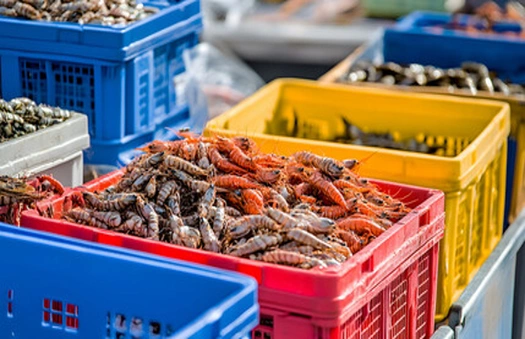
Prophylactic Uses during transportation and Stress Conditions
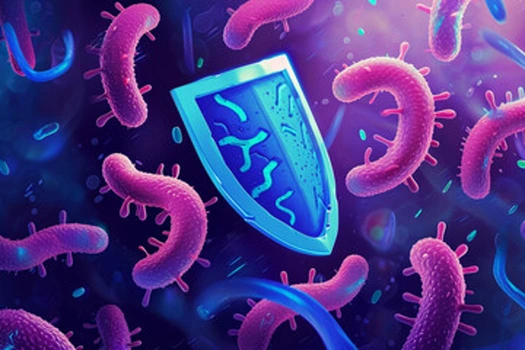
Antibiotic
resistance management when bacterial resistance is concern
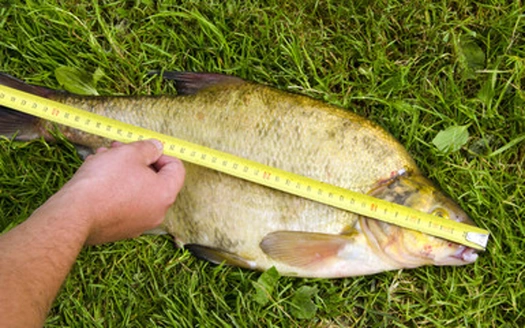
Grow out period as well as Preventive measures from1 day of age and Breeders
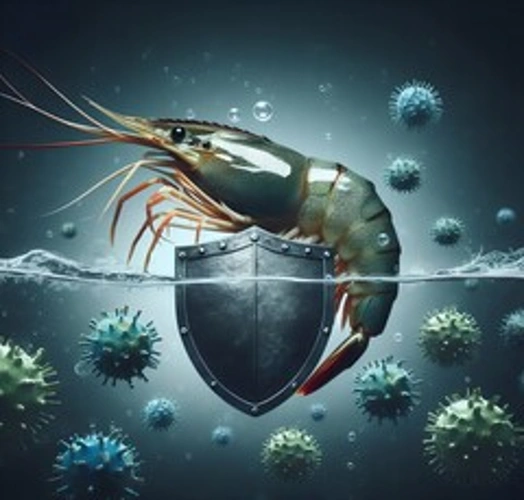
Disease Outbreak for Treating and Controlling Infections likeVibriosis, Aeromoniasis, White spot syndrome virus, Infectious hematopoietic necrosis virus.
